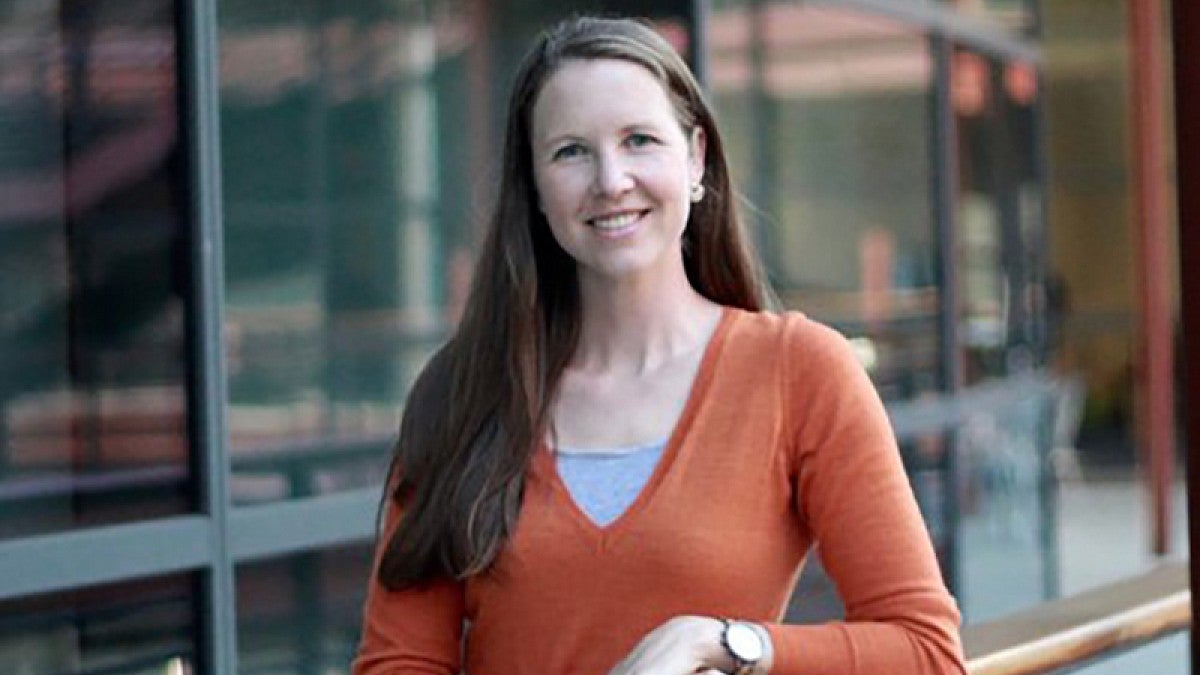Brain scientist Emily Sylwestrak, who will join the UO faculty as an assistant professor on April 1, already has landed some attention. She’s one of six early-career neuroscientists named to a special advisory council at Seattle’s Allen Institute for Brain Science.
The institute announced its 2018 Next Generation Leaders Council on Nov. 2.
“I am deeply honored to join the Next Generation Leaders Council," said Sylwestrak, who earned her doctorate in 2011 at the University of California, San Diego. “Not only do I have the highest respect for the research and collaborative spirit of the current members of the council, but I have also long admired the guiding philosophy of the Allen Institute as a whole.”
Sylwestrak, who comes to the UO after a postdoctoral fellowship at Stanford University, will be part of the Department of Biology and the Institute of Neuroscience. Her lab will explore how populations of neurons work together to drive behavior.
The institute’s advisory program was created five years ago. Members serve three-year terms.
“The idea behind the Next Generation Leaders Program is to bring in new ideas and foster collaborations and connections with our own scientists,” said Julie Harris, associate director of neuroanatomy at the Allen Institute for Brain Science and chair of the Next Generation Leader Committee. “In the five years since this program launched, many of us at the Allen Institute have benefited from their insight on our research.”
The Allen Institute, Sylwestrak said, has helped the neuroscience community define a “parts list” for the brain and the beginnings of an instruction manual on how all the pieces fit together and interact. That, she said, helps to inform her own work exploring neural pathways.
"As a graduate student, many of my hypotheses were inspired by observations uncovered in the large, open data sets established by the Allen Institute,” she said. “The Allen Institute operates at both the foundation and the forefront of neuroscience, creating a comprehensive repository of data sets using more traditional techniques, while also developing a wide variety of new tools and innovations, with an emphasis on disseminating this information through publicly available, open data platforms.”
Next Generation Leaders are selected each year through a competitive process that includes applications from around the world. This year’s new members come from universities and research institutes in the U.S., Canada and Germany.


